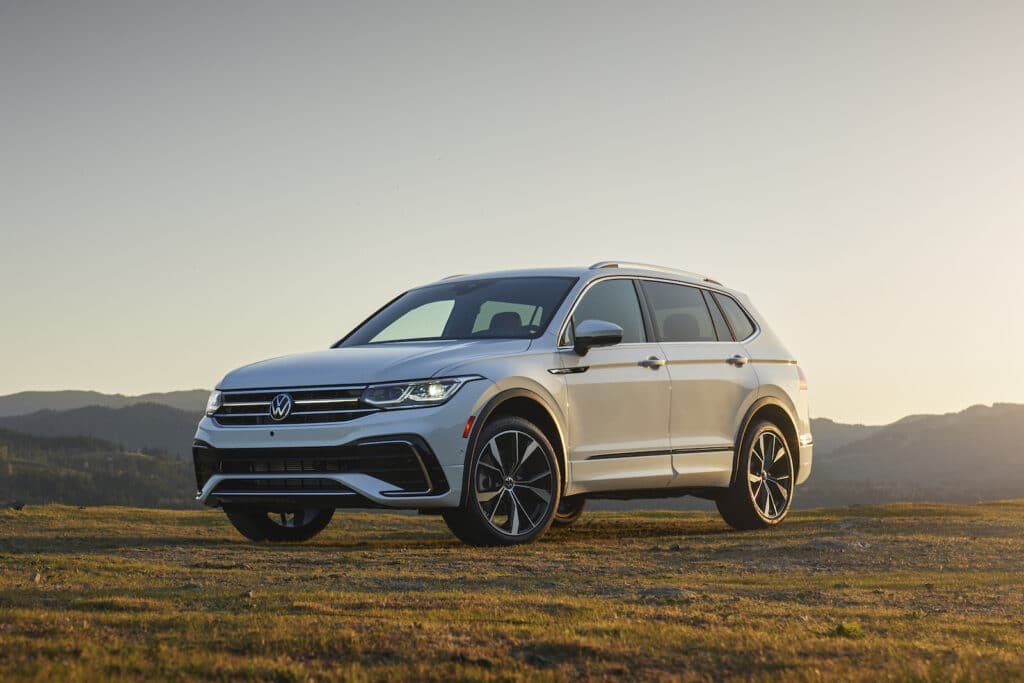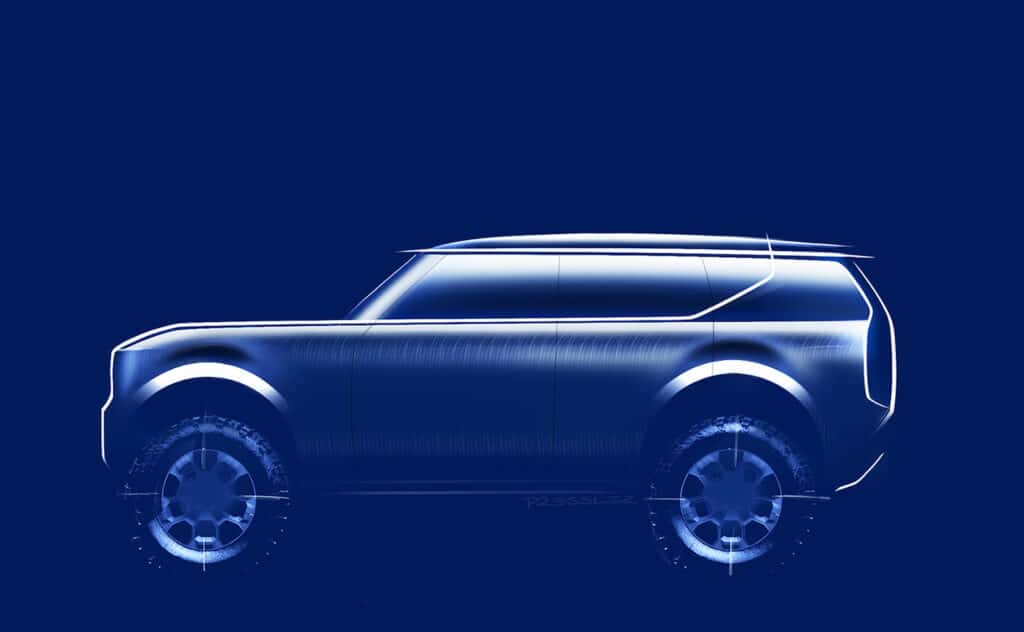
In a first for North and South America, the Volkswagen Group of America has selected an experienced Brazilian VW executive as the brand’s new head of design.
Forty-five-year-old Jose Carlos (JC) Pavone, who currently oversees design for VW in South America, will also take on responsibility for North American design, splitting his time between the company’s design offices in California and Brazil, VW of America announced Monday.
“We have an ambitious growth agenda in North America with a Group goal of 10% market share by 2030. To realize these goals, we are building more knowledge in the region while developing and strengthening our talent,” said Pablo Di Si, President and CEO, Volkswagen Group of America, in a statement.
“Design will play an even bigger role in tailoring our vehicles to market-specific needs. JC brings a wealth of experience from his time in Germany, the United States, and Brazil, and has a great track record of designing products that resonate with our consumers.”
Pavone’s past

Pavone, a 21-year Volkswagen veteran, joined VW in Brazil in 2002, working in the Brazilian, German, and U.S. markets, the latter from 2011 through 2016, working at Volkswagen Group of America’s Design Studio in California. There, he was named Head of Exterior Design in 2013. His accomplishments include creating the Passat sedan, which was produced in Chattanooga, Tennessee, for the U.S. market for a decade, and the sixth-generation Jetta. In 2022, Passat production ceased and it was not replaced.
“My experience — being born in Sao Paulo, working at HQ in Wolfsburg for seven years, five years at the Design Center California and seven years as Design Director at VW South America — gives me the right understanding about the trends and requirements from each region,” Pavone said. “Communication with the Design Headquarters in Wolfsburg is key to the perfect balance between regional preferences and Volkswagen DNA.”
All in the family
If Jose Carlos’s last name has a familiar ring, it’s because he isn’t the only family member working for Volkswagen Group; so is his twin brother Marco, based in Germany and head of exterior design for the Volkswagen brand.

The brothers have worked on projects together, including the Taigo crossover and Nivus SUV, models built for South American and reconfigured for the European markets. Among the U.S. products, Marco worked on the new Golf GTI and Volkswagen Taos.
The Volkswagen brand’s market share is 2.6% in 2022, up from 1.8% in 2016. The growth can be attributed to its line-up of SUVs in the U.S. market. Overall, the Volkswagen Group’s 2022 market share was 4.6%, the lowest since 2010. As for the marque, Volkswagen sold 301,069 cars and SUVS last year, down nearly 20% from 2021, when it sold 375,031 units. The company blamed the slide on lingering continuing supply and production issues.
But the company’s appointment of Pavone signals Volkswagen’s intent on gaining share in the U.S. market one where it once accounted for the lion’s share of imported U.S. cars, reaching a high of 5.6% in the early 1970s.
Local management
But Volkswagen Group has long managed its U.S. subsidiary from afar, and what make sense in Germany doesn’t necessarily make sense in the U.S.

But longtime Volkswagen dealers state the company has never understood the U.S. market, pushing diesel models long after their popularity in the North American market was minimal at best, or its continuing to push sedans even as American consumers continued to signaled their preference for SUVs. And the sedans they did offer, such as the Jetta and Passat, were built for the American market, and lacked the premium, German quality that had once been the company’s je ne sais quoi.
But VW’s turn to SUVs has saved the brand in the U.S. after introducing the three-row Atlas model to its line-up in 2016, and the two-row Atlas Cross Sport in 2020, followed by the smaller Taos that same year. While the company now boast a full portfolio of SUVs, they have failed to capture buyers’ imaginations with the fervor of the Kia Telluride. And the once-magical VW nameplate doesn’t have the clearly-defined resonance it once had with American car buyers.
Volkswagen knows this of course, which is why rather than pitch electric Volkwagens, the company is reviving the Scout brand to build an all-electric truck and SUV for the U.S. with the first deliveries expected to arrive in 2026, with a plant planned for the North American market.
Given parent Volkswagen Group’s newfound intent on conquering America, its appointment of a first-ever North American design chief, a long overdue move, comes as no surprise.
- SEO Powered Content & PR Distribution. Get Amplified Today.
- PlatoAiStream. Web3 Data Intelligence. Knowledge Amplified. Access Here.
- Minting the Future w Adryenn Ashley. Access Here.
- Buy and Sell Shares in PRE-IPO Companies with PREIPO®. Access Here.
- Source: https://www.thedetroitbureau.com/2023/05/vw-names-design-chief-for-north-and-south-america/



